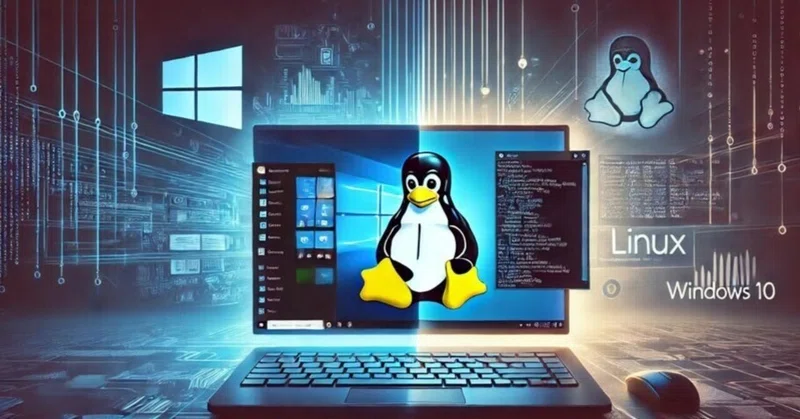As a Principal Systems Architect, I don’t just follow trends. I analyze their long-term impact. And with Windows 10 hitting End-of-Life (EOL) on October 14, 2025, Microsoft is nudging users toward Windows 11, which will be the last version to support x64 processors before Microsoft fully embraces ARM architecture—just like Apple did with its M1 chips.
For businesses and individuals reliant on x64 systems, this means a forced hardware upgrade sooner rather than later. But instead of dropping thousands on new, restrictive hardware, I’d migrate to Linux.
Why Linux Over Windows 11?
1. No Forced Hardware Upgrades – Most Linux distros run smoothly on older x64 machines.
2. Performance & Stability – Linux isn’t bloated with telemetry and forced updates.
3. Better Security & Control – No Microsoft data mining; complete system transparency.
4. Long-Term Viability – Linux distros like Ubuntu, Fedora, and Arch receive long-term support without arbitrary hardware restrictions.
5. Developer & Enterprise Ready – WSL was a patch; Linux is the real deal for professionals.
Microsoft’s Move to ARM – What It Means
Microsoft is shifting gears: Windows 11 is the last fully supported x64 OS before Windows moves to ARM processors. If this sounds familiar, it’s because Apple did the same thing with macOS. The difference? Windows users have far more legacy software and enterprise systems reliant on x64.
This transition will:
- Render older hardware obsolete faster
- Force businesses to rewrite applications for ARM
- Reduce consumer choice in the Windows ecosystem
The Bottom Line
Instead of falling into the Microsoft upgrade trap, Linux offers a way out. It’s free, fast, customizable, and doesn’t require you to buy new hardware every few years just to stay supported. If Microsoft is taking the Apple route, why not take control of your computing future?
Share this:
- Click to share on Facebook (Opens in new window) Facebook
- Click to share on X (Opens in new window) X
- Click to share on LinkedIn (Opens in new window) LinkedIn
- Click to share on Reddit (Opens in new window) Reddit
- Click to share on Pinterest (Opens in new window) Pinterest
- Click to share on Pocket (Opens in new window) Pocket
- Click to share on WhatsApp (Opens in new window) WhatsApp
- Click to email a link to a friend (Opens in new window) Email


